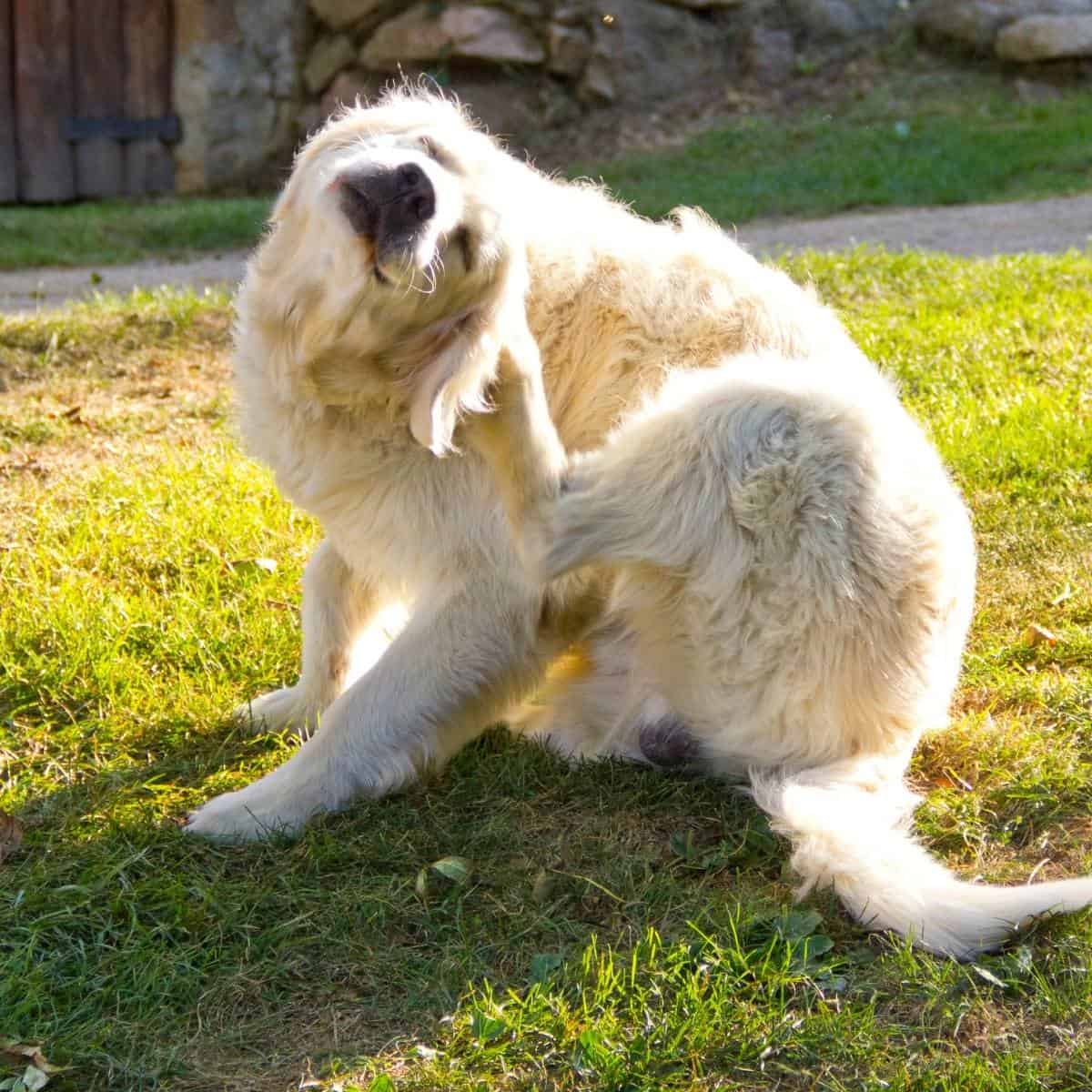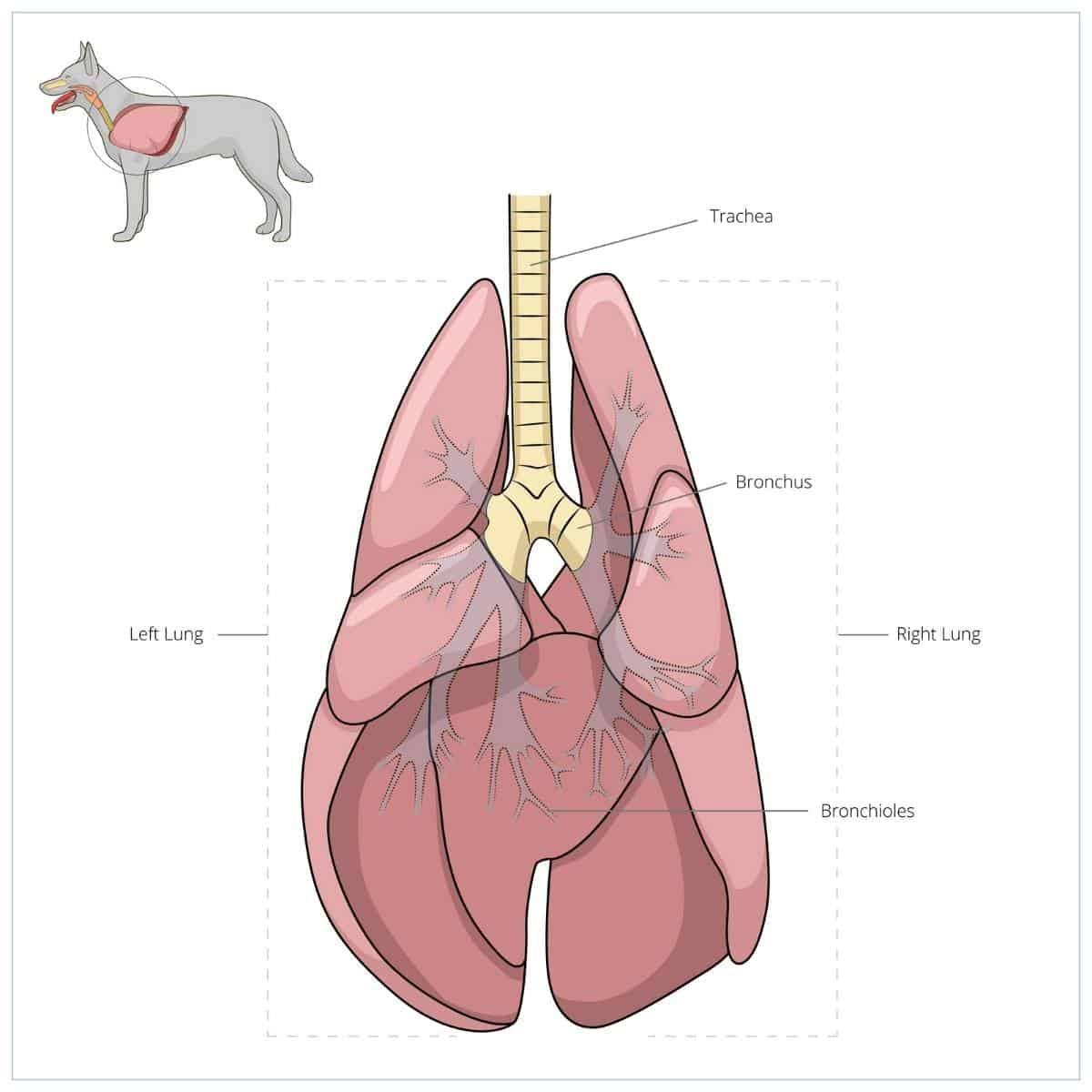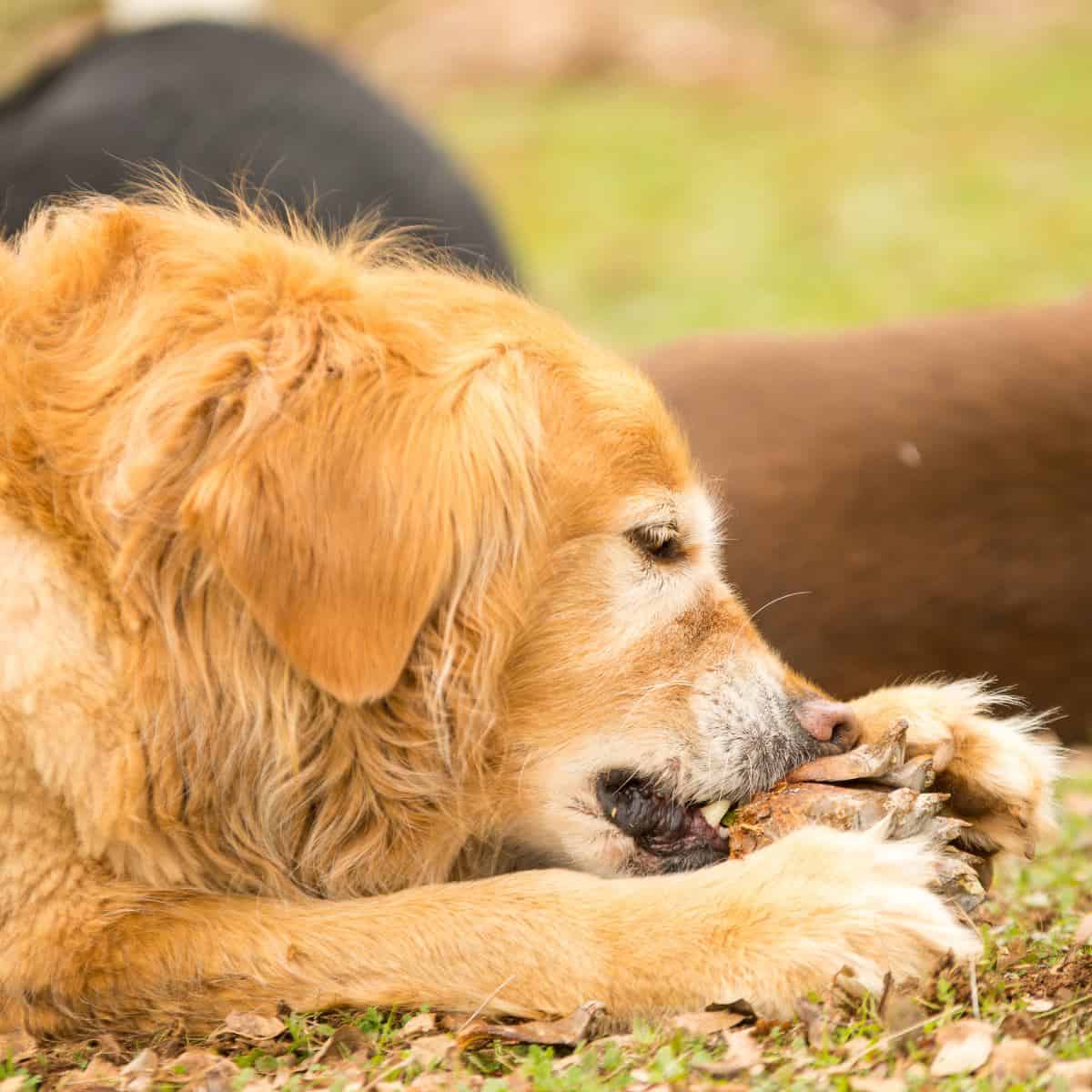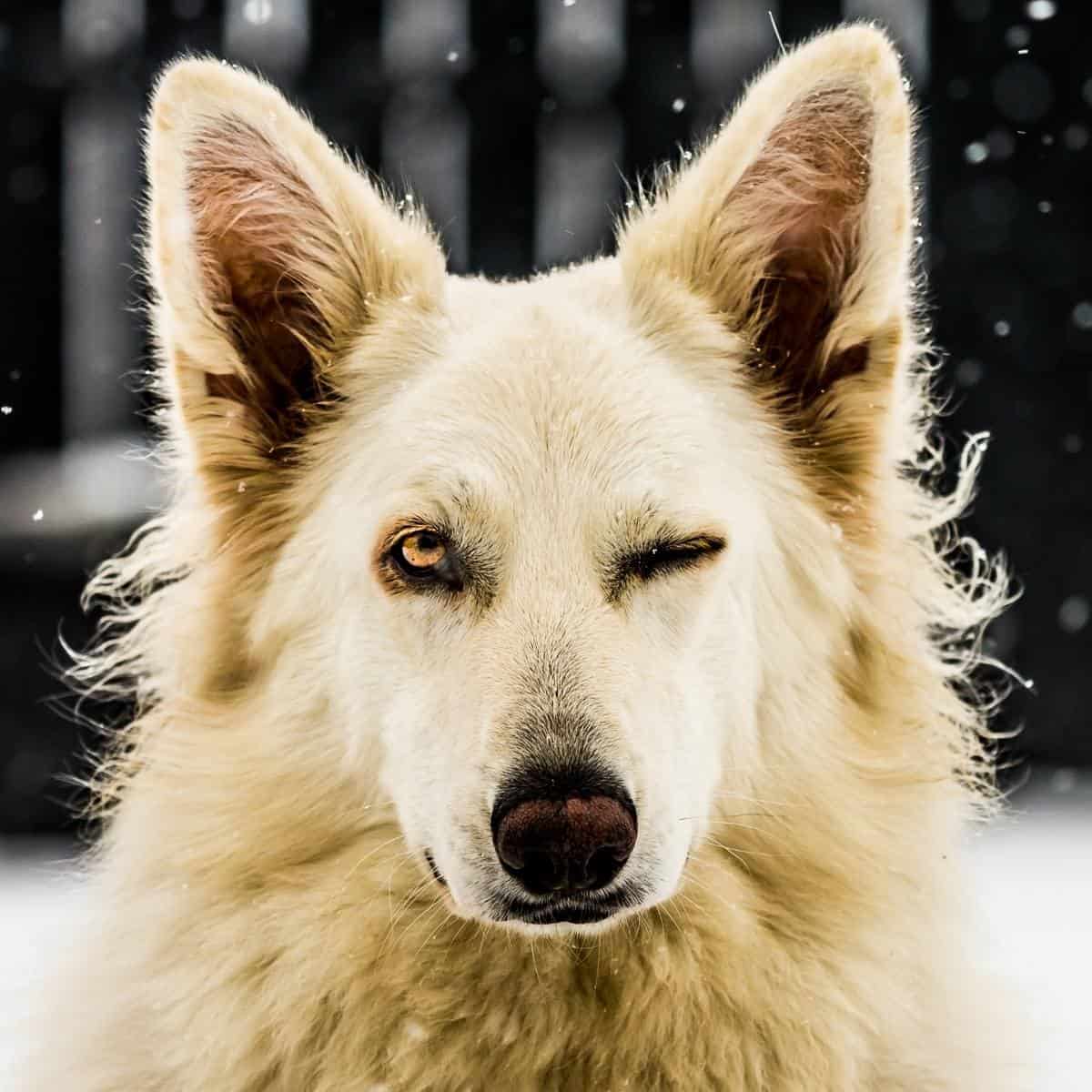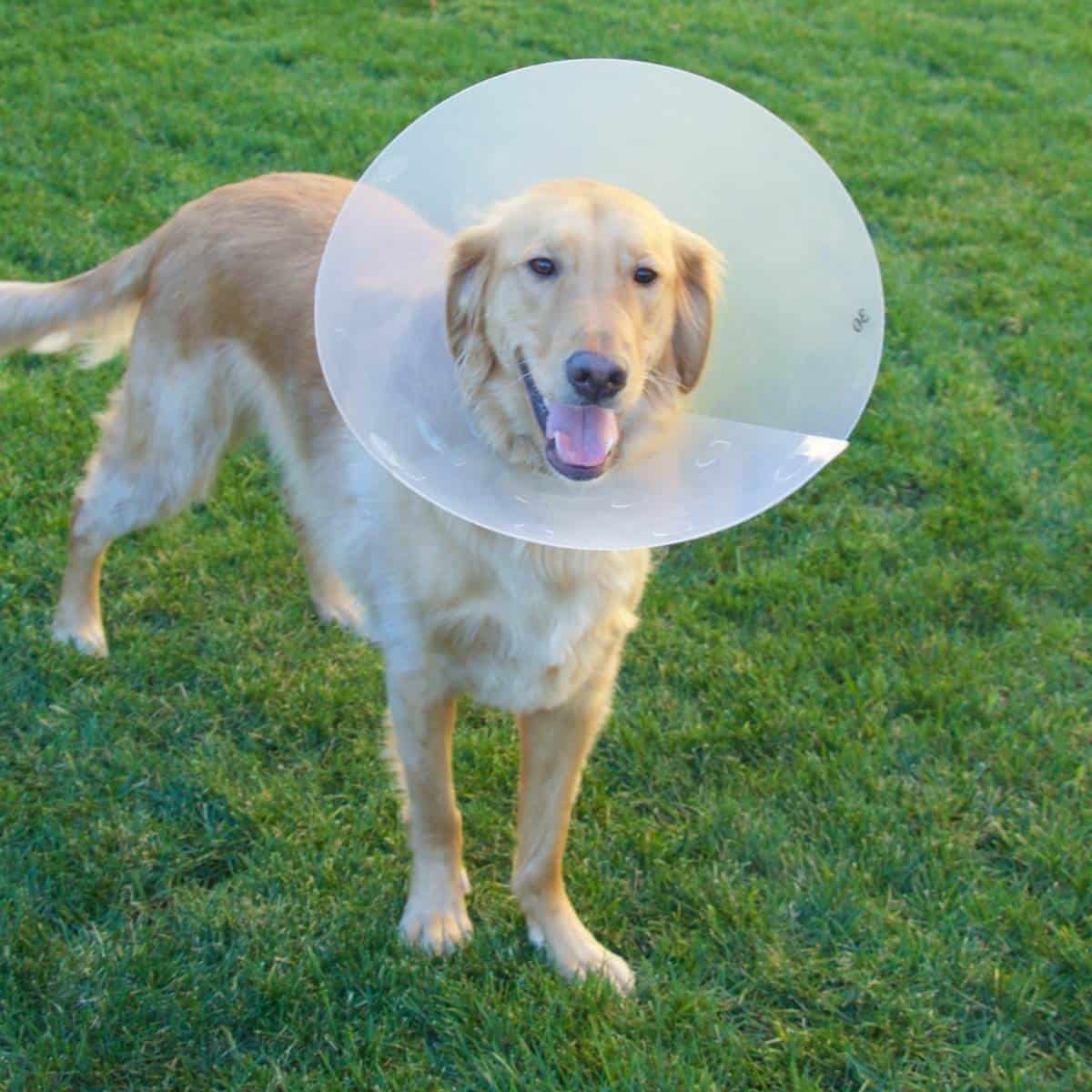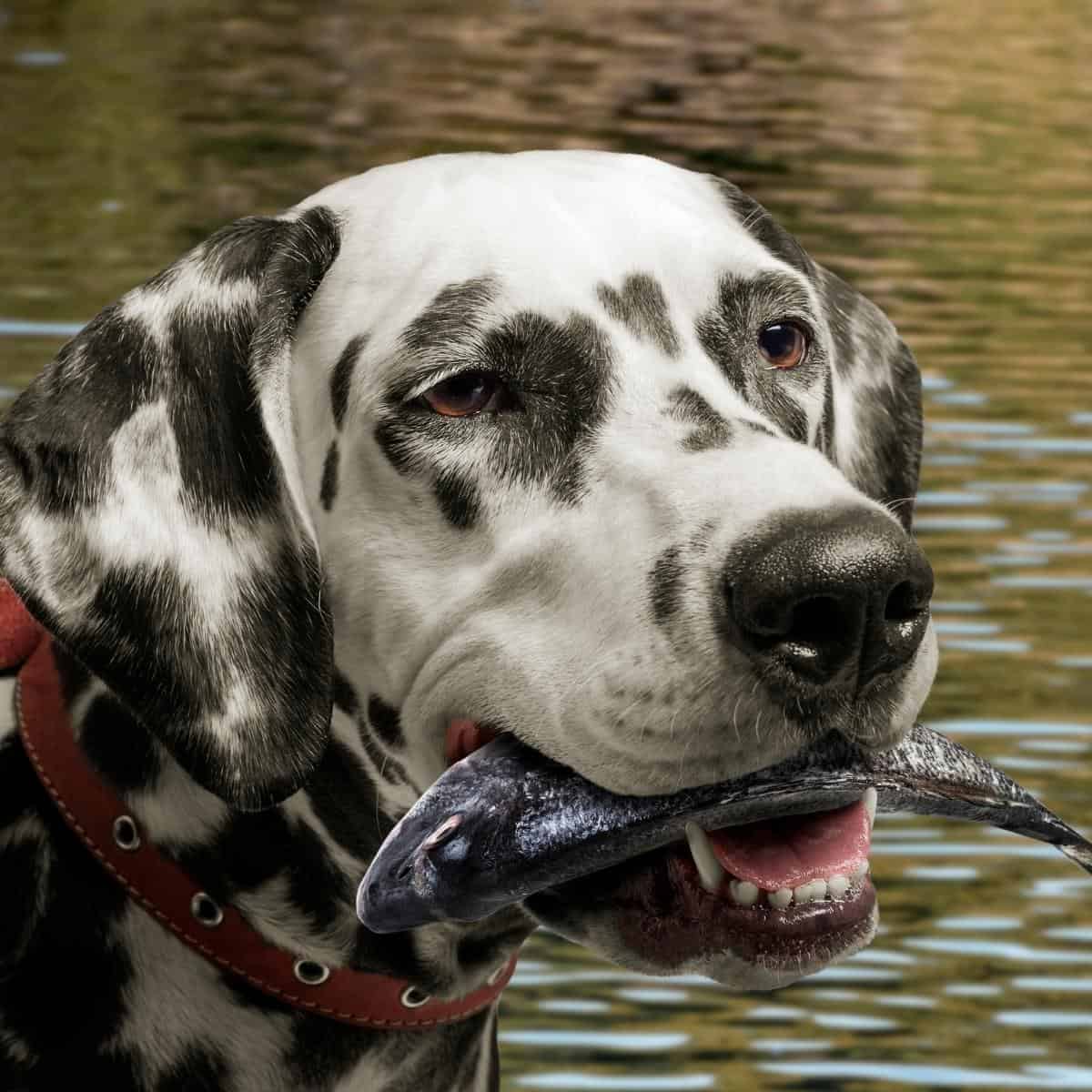Why Does My Dog Have Bad Breath? And What to do about it
Good dental health is vital for your dog’s well-being. Keeping them on a healthy diet and regular brushing are the keys to maintaining good dental health. Ensure to visit your veterinarian if you do all these, but your pooch’s breath is still stinky. You can also consider using additional home remedies if your canine friend’s breath could use a little freshening up.
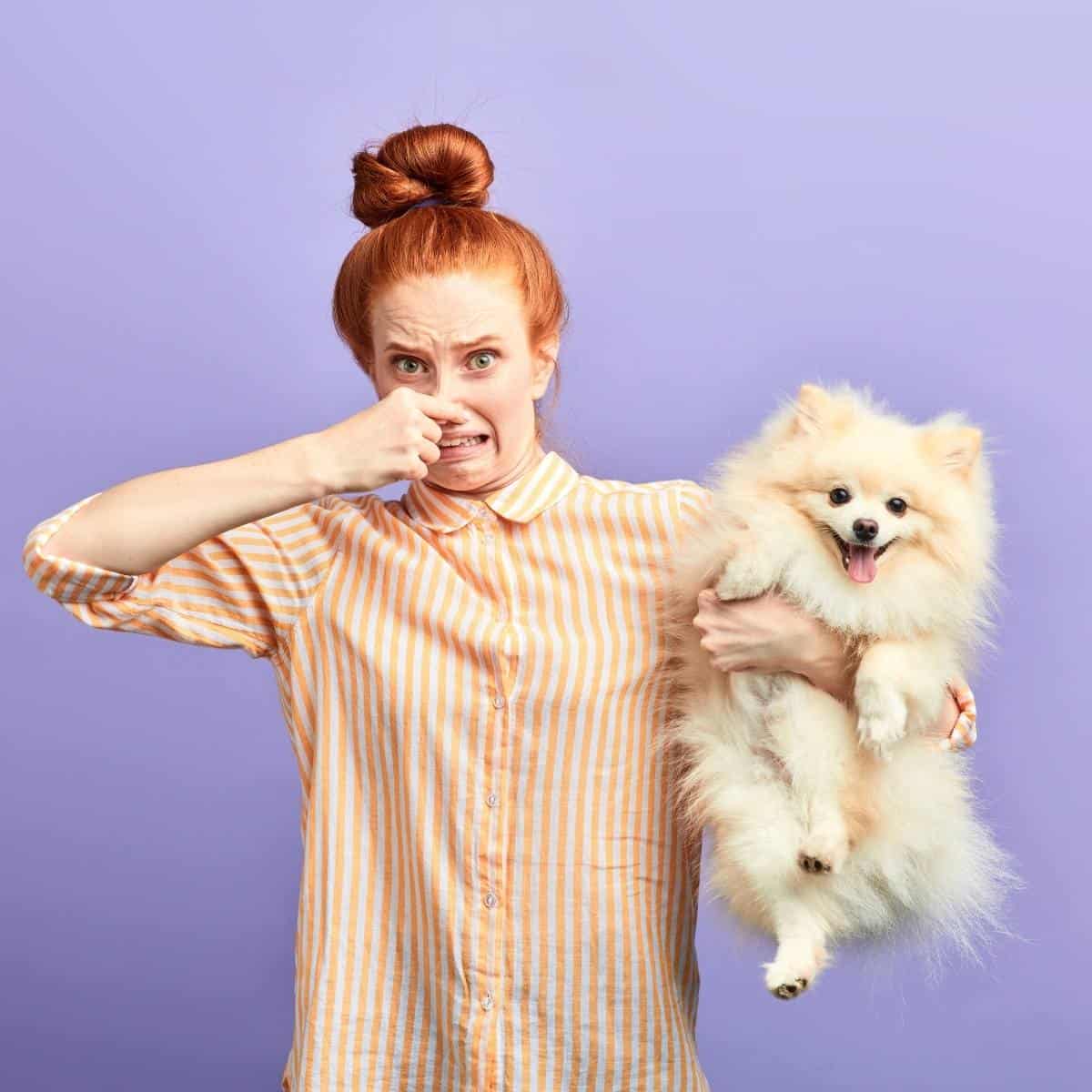
While brushing their teeth daily is the best method to prevent and maintain a healthy mouth, there are other ways to keep a dog’s teeth clean without brushing.
Is It Normal For A Dog’s Breath To Stink?
While we love our furry friends like our children and family, the honest truth is yes sometimes sticky breath is common and totally normal.
Chronic bad breath in dogs is referred to as halitosis. So while it could be totally normal that they just ate something disgusting, most of the time there is an underlying reason. One of the most common reasons is the lack of dental care.
Causes Of Bad Breath In Dogs
It is important to understand why your dog has a bad breath because there’s usually a good reason behind the odor.
Periodontal disease
Common reasons for odorous dog breath are periodontal disease and inadequate oral hygiene. Build-up of tartar and plaque can lead to bad breath, just like it does in humans. Your dog will most likely have bad breath due to plaque build-up (also known as tartar or calculus once it hardens) if you don’t their teeth regularly or if they don’t have them professionally cleaned once a year by the vet.
Poor oral hygiene eventually results in periodontal disease. Excessive build-up of tartar and plaque can push the dog’s gums away from their teeth, exposing new areas for bacterial development. This results in tooth cavities, inflammation of the gums, tissue destruction, infection, tooth loss, and pus formation. It also causes stinky breath.
Once the gums are pushed back, there will be pockets that develop. While the normal reading is a couple of millimeters, progressive periodontal disease can lead to pocketing up to 12+ millimeters. At that point, food and other debris get lodged in those areas, eventually creating lots of bad bacteria. Sometimes a dog’s teeth will become loose just as it can happen in humans.
Cavities also cause bad breath. As the tooth begins to break down you could be smelling the bacteria or the actual decay and the dying (necrotic) pulp.
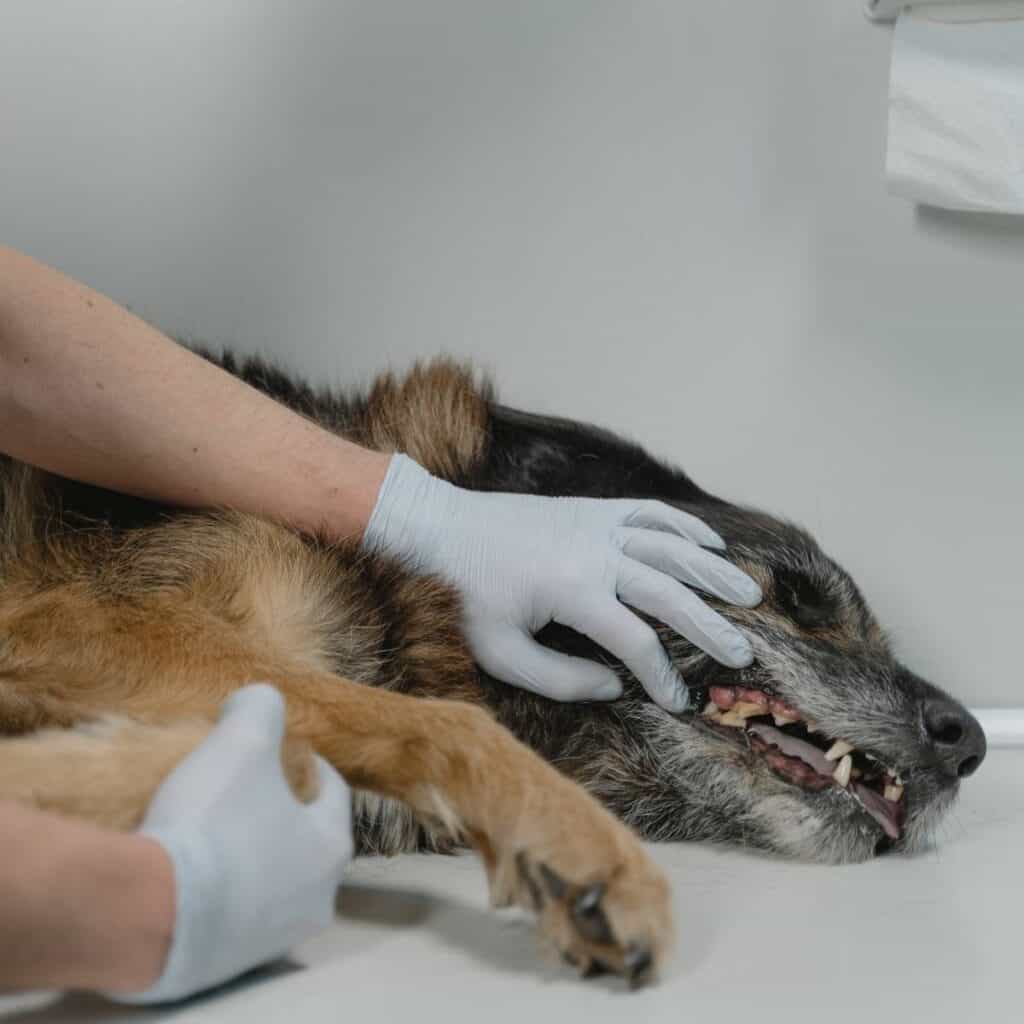
Diabetes
See that you visit your vet if your pooch’s bad breath has a fruity or sweet smell (almost like maple syrup). This is a common symptom of diabetes, which is (can be) a severe but treatable condition. Your vet will explain other symptoms to watch out for, like frequent urination, and schedule an exam and testing for the exact diagnosis along with treatment options.
Liver Disease
Liver disease can cause a dog to have sticky breath. Other symptoms can include vomiting or showing a lack of appetite. Because the liver is the organ that filters out toxins, you may notice signs of jaundice (yellowing of the skin, eyes, and mouth) that accompany halitosis. This condition is considered an emergency and you should get to the vet as quickly as possible. If it’s after hours, you can always check in to an emergency clinic for the quickest treatment.
Kidney Disease
If your dog eats poop, his breath might smell like poop (that’s a condition that needs to be addressed separately), but if his breath smells like urine (or ammonia), it is probably not because he has been drinking pee.
Instead, a breath that smells like urine is a warning sign of kidney disease. Like liver diseases, kidney disease can be a symptom of serious medical issues. If there is excessive urea (kidney toxins) built up in their body, it may also cause ulcerations in their mouths. This would be another case where a vet visit needs to happen ASAP.
Unpleasant Eating Habits
If your pooch often has access to decomposing animal remains or if he gets into the garbage, then his bad breath could be resulting from unsupervised feeding. Many dogs also tend to love cat poop, and having cats in your household can tempt your dog to eat their poop.
It is not only smelly but also unhygienic. In addition, some dogs have a condition referred to as coprophagia. A situation where a dog eats his poop or poop from other dogs. This results in bad breath in dogs and it’s definitely now appeasing to owners either.
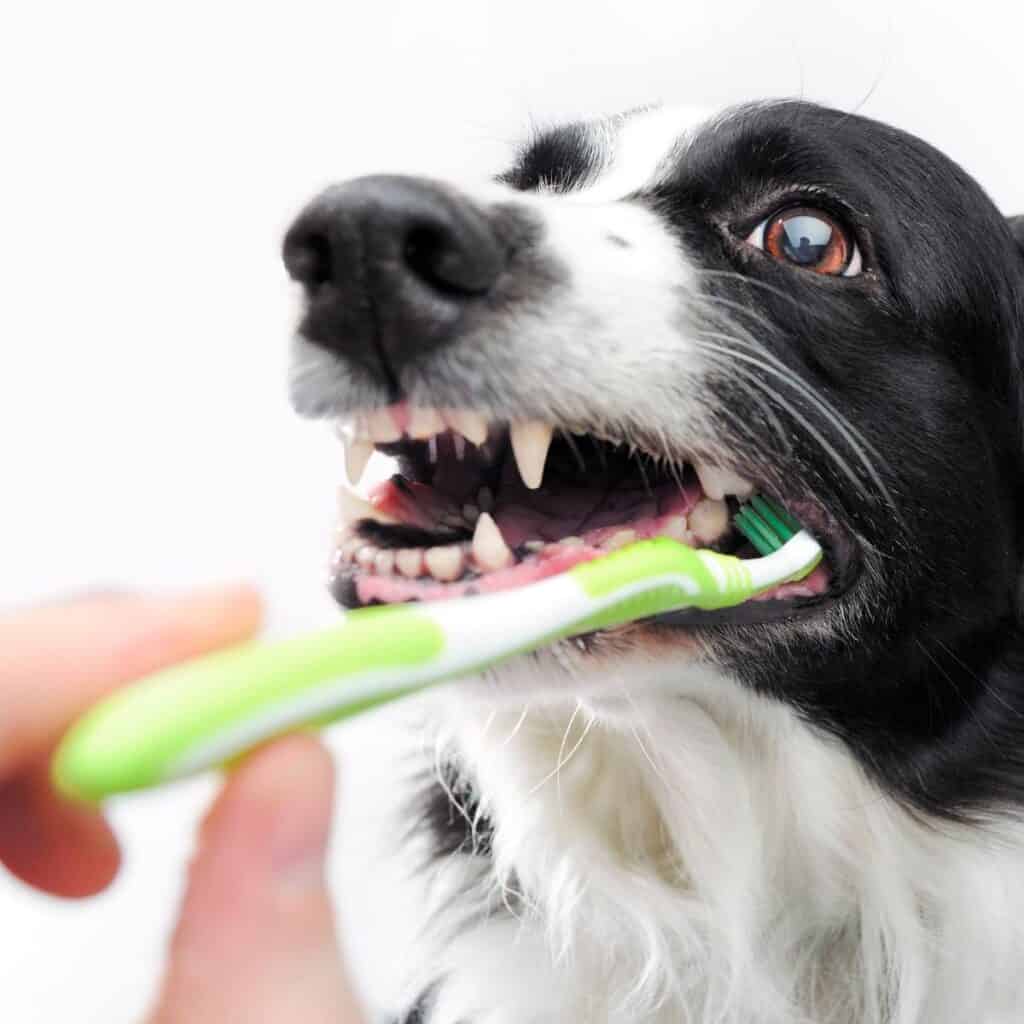
How to Cure Bad Dog Breath with Home Remedies
Brushing
Bad breath in dogs is not normal. Unhealthy gums and teeth can quickly result in life-threatening health issues if left untreated. Therefore, it would help if you brushed your pooch’s teeth at least once or twice a week.
Brachycephalic dogs and small pushed-in face dogs have to be brushed daily due to the shape of their mouths that makes them much more vulnerable to decay.
Reward your dog with treats to help him associate brushing their teeth with tasty treats. Ensure to use toothpaste made specifically for dogs.
Use Dental Chews
Take a look at dental chews that contain cinnamon, clove, and freshening chlorophyll. This delicious chew will help you stave off bad breath from your dog. Do not freak out when you notice your canine friend’s poop is greenish; that’s chlorophyll doing its green thing.
Some dental chews are made of different formulations, but they mostly help due to the mechanical action that takes place when the dog chews them up. Studies show that dental chews and kibble together can greatly reduce plaque and tartar buildup, in return reducing bacteria and foul-smelling breath.
Healthy Mouth Dental Water
Your dog can drink Healthy Mouth, a natural cocktail made of chlorophyll, enzymes, and other ingredients designed to do away with bad breath in dogs. You can replace your dog’s regular water (at least some of it, or add it to their food) with Healthy Mouth Dental Water. Because the active ingredients eliminate oral bacteria, hopefully, you’ll see results in as little as a few days.
Coconut Oil
Coconut oil can boost the digestive, immune system, and metabolic functions and may help to do away with bad breath in dogs. It is safe to add a teaspoon of coconut oil to your pooch’s food daily.
Probiotics
Many veterinarians say that a healthy body starts from within the gut. Probiotics can help with gut healing and overall health and inflammation. Check with your pup’s vet for the best recommendation, especially if they have other medical conditions or allergies. If you do choose to go with a probiotic regimen, make sure it’s formulated for dogs.
Preventing Stinky Breath in Dogs
Regularly brushing your dog’s teeth is the simplest way to prevent bad dog breath. This helps to reduce plaque and tartar buildup and control bacteria, just as it does with humans.
Dental snacks and chew toys can also help keep your dog’s teeth in good condition naturally. Chewing relieves boredom and prevents tartar and plaque build-up, keeping your pooch happy and healthy.
Providing your pup with plenty of exercises, feeding him a balanced diet, and taking him for regular check-ups helps prevent systemic disorders such as diabetes. It also helps your vet pick up on the causes of your dog’s breath before it gets worse.
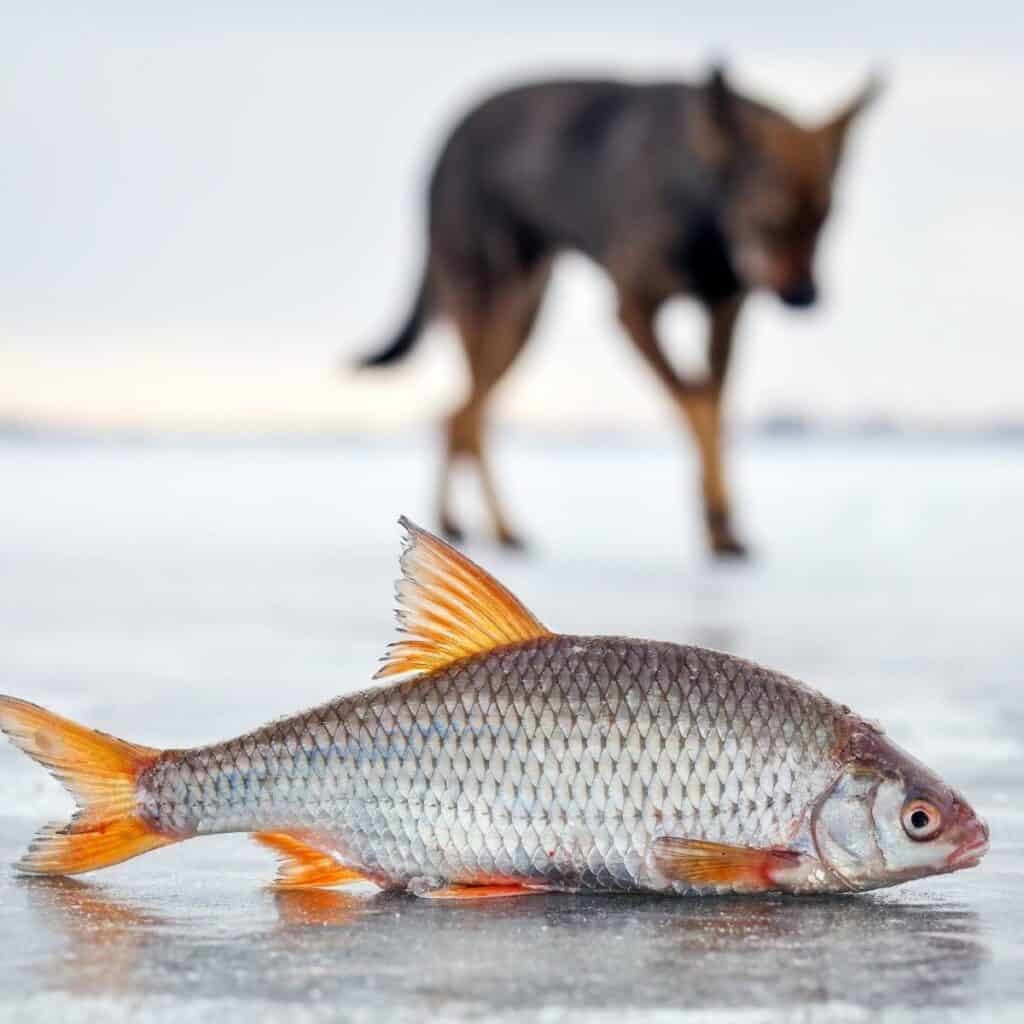
Common FAQs About Smelly Breath in Dogs
Why does my dog’s breath smell like fish?
Before you assume it’s their breath are you sure? If it really is their breath, it’s likely due to one of the problems we have already discussed. However, many dog owners think that it’s their dog’s breath that smells like fish, but in reality, it’s related to their anal sac and possible disease.
How can I clean my dog’s teeth?
The best way is to use a dog toothbrush and a VOHC approved dog toothpaste. If you can’t manage to brush them every day, here are ways to help clean a dog’s teeth without brushing. You can also look into dental chews. It’s important to note that you should never give your dog human toothpaste. Some products contain xylitol, which is toxic to them.
Is there mouthwash for dogs?
The dental care products that are available for canines can be overwhelming because there are tons to choose from. While you want your dog’s breath to smell better, it’s best to be sure there are no underlying conditions first. There is a VOHC approved water additive that could help with smelly breath if it’s related to what they have eaten.
Are there dog mints?
Chewy actually offers a wide selection of breath mints for dogs. Be sure to check labels well for ingredients your pup may be allergic to. You can also ask your vet for recommendations. It’s also important to mention that there are not any dog breath mints on the market that are VOHC approved.
Conclusion
Most commonly, foul breath in dogs is related to poor oral hygiene. Making simple changes to their diets, brushing their teeth, or having their teeth cleaned at the vet can make a huge difference.
However, if you start noticing other symptoms that accompany the smelly breath, something else is up and a vet visit is recommended.
Using VOHC approved dental products guarantee that they solve the problem they are being marketed for. While there are other dog dental products on the market, labels should be read closely and ultimately take your vet’s advice on their best recommendation. While home remedies may help a little bit, you always want to get to the root of the cause.
